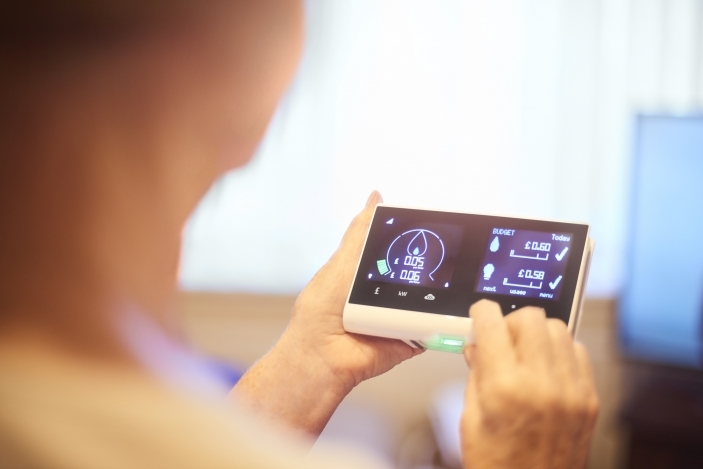Energy companies’ smart meter installations have “rebounded” since the UK’s first coronavirus lockdown despite continued restrictions being imposed across the country, according to new figures.
Daily installations fell by just 2.5% in November during England’s second lockdown, a report from the infrastructure group Data Communications Company (DCC) has found, compared to 96.2% in spring when the green technology’s rollout was hamstrung by the COVID-19 pandemic.
More than 360,100 second generation (SMETS2) meters were installed in homes and businesses across Britain in November, at an average rate of 17,148 per day.
This rate falls slightly behind October, when an average of 17,579 meters were installed daily, according to DCC.
Perhaps unsurprisingly, areas that have had fewer coronavirus cases and were given looser restrictions in the UK’s tiered lockdown in October, such as East Devon, Rugby and Wokingham, have seen the greatest uptake for SMETS2 installation.
Angus Flett, the DCC’s chief executive, said the report shows that energy companies have now adapted safe working practices adhering to the government’s coronavirus restrictions and earned “the confidence of the public”.
Smart meter installations were paused in March due to the UK-wide lockdown, but restarted in June.
This lead to a dramatic decline in installations, which fell by 850,000 in Q2 2020 compared to Q1 2020, which also saw a 15% decrease as COVID-19 reached the UK.
The government extended its obligation to take All Reasonable Steps to install smart meters to July 2021 as a result of the upheaval the pandemic has caused.
DCC claims that there have been a total of 8.36 million interoperable smart meters installed on its platform since the rollout began last year, with more than 6 million of these SMETS2 models.





